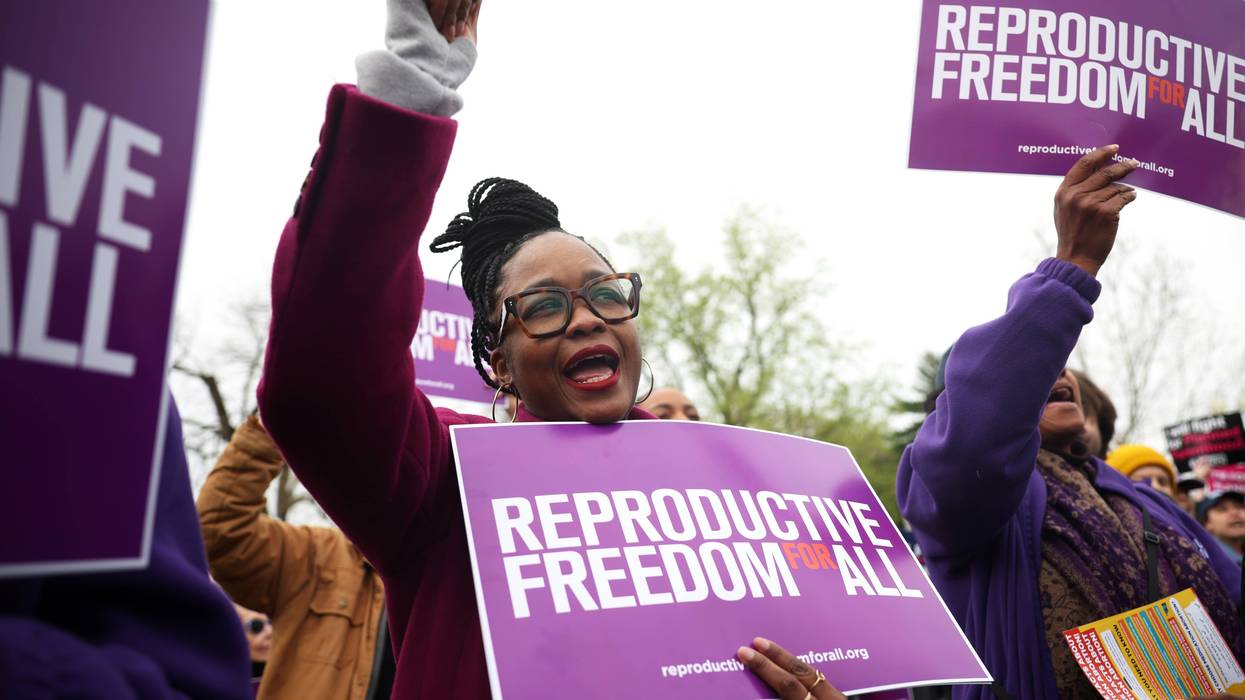Updated findings from Data Desk, commissioned by Oil Change International, Behind the Barrel: New Insights into the Countries and Companies Behind Israel’s Fuel Supply, reveal continued and expanded oil supply fueling Israel’s ongoing genocide of the Palestinian people. Building on data released in March, countries and companies continue to fuel Israel’s war machine, despite the International Court of Justice’s (ICJ) opinion from January, stating Israel is plausibly committing genocide and Palestinians in Gaza have plausible rights under the Genocide Convention and from July, stating the occupation of Palestinian territory is unlawful. This updated analysis highlights the ongoing complicity of these countries and companies. As more and more Palestinians are killed in bombings and pressure intensifies on global leaders, including US presidential candidates, to end the genocide, these suppliers continue to enable the violence.
Key Findings:
- Corporate Involvement: Investor-owned and private oil companies are complicit through their operations and ownership stakes in projects supplying oil to Israel. These companies collectively supply 66% of oil to Israel, and six major international oil companies (including Chevron (8%), BP (8%) ExxonMobil (6%), Shell (5%), Eni (4%), and TotalEnergies (5%) are responsible for over half of that (35%). According to some legal scholars, these companies could be held liable for complicity in acts of genocide, given the ICJ ruling.
- US Military Aid: The US continues to be a key supplier of JP8 Jet Fuel to Israel, crucial for its military operations. The shipments are coming from the Valero refinery in Corpus Christi, Texas. This supply chain is particularly controversial in the context of the US election, where continued military aid for Israel is under scrutiny. In early August, the US-registered Overseas Santorini, one of the key tankers involved in supplying US jet fuel, docked in Israel’s Ashkelon port, facing increased protest from communities and activists en route.
- ICJ ruling: 65 shipments of crude oil and refined petroleum products have been delivered to Israel from October 21, 2023 to July 12, 2024. 35 of these (54%) departed their origin port after the January 26, 2024 International Court of Justice (ICJ) ruling that Palestinians in Gaza have plausible rights under the Genocide convention.
- Azerbaijan: COP29 host Azerbaijan remains the leading supplier, providing 28% of the crude oil supply via the Baku-Tbilisi-Ceyhan (BTC) pipeline, majority owned and operated by BP. The Azeri oil is loaded onto tankers in the Turkish port of Ceyhan for export to Israel.
- European Connections: Italy, Albania and Greece have joined the list of supplying countries, sending shipments of crude and refined petroleum products. Cyprus and Greece are also implicated in providing transshipment services.
- Increased African Supplies: Gabon remains a major supplier of crude oil to Israel, with additional shipments now coming from Nigeria and Congo-Brazzaville.
- Brazil: Brazilian crude oil has made up 9% of the supply since the war started. Brazil also sent a tanker of fuel oil to Israel that arrived in April. As a significant oil supplier to Israel, Brazilian President Lula, who has been highly critical of Israel’s actions, has the opportunity to help bring about a ceasefire by pursuing an oil embargo.
Recent ICJ rulings have condemned the ongoing violence and called for an immediate halt to all military aid fueling the genocide. These companies and countries could be held complicit in this genocide under the Genocide Convention according to some legal experts.This legal backdrop underscores the urgent need for countries and companies to cease their involvement in oil supplies to Israel.
As the US gears up for the 2024 elections, the issue of Israeli military support and its implications on ethnic cleansing and the ongoing occupation are increasingly in the spotlight. The current US administration must decide whether to continue supporting actions that contribute to genocide or to heed the call for justice and peace
Palestinian groups and their allies have called for an energy and arms embargo and are demanding governments and companies cease all fuel and arms shipments to Israel until it ends the genocide and its regime of apartheid against the Palestinian people. Specifically, the Boycott, Divestment, and Sanctions movement calls for a boycott of Chevron. Countries, as well as oil and gas companies, must be held to account for their role in perpetuating violence and human rights abuses. Colombia has set a strong precedent and issued an embargo on coal exports to Israel until the ICJ ruling is upheld. Colombian coal makes up over 50% of Israel’s coal imports.
Statements:
Lorne Stockman, Oil Change International Research Director:
“Despite the ICJ’s ruling condemning the unlawful occupation of Palestinian territory, countries and companies continue to supply oil that fuels Israel’s military aggression. This ongoing complicity reveals a blatant disregard for international law and human rights, as they prioritize profit over justice and peace.”
Dr. Irene Pietropaoli, Senior Fellow in Business and Human Rights, British Institute of International and Comparative Law, is the author of Obligations of Third States and Corporations to Prevent and Punish Genocide in Gaza expert legal opinion, said:
“Independently from home State regulation, companies that sell oil and fuel and other military supply to the government of Israel have their own responsibility to respect human rights and abide by international humanitarian law and international criminal law, as recognized in the UN Guiding Principles on Business and Human Rights ‘over and above compliance with national laws and regulations’. Corporations supplying jet fuel and oil to Israel may be providing material support to the military, aware of its foreseeable harmful effects, and therefore risk complicity in war crimes, genocide, and other crimes under international law.”
Abeer Butmeh, Coordinator at PENGON (Palestinian Environmental NGOs Network)
“The current genocide in Gaza, against Gazan people and Palestinian environment, targeting intensively all elements of life in Gaza, is fueled by some of the world’s most profitable fossil fuel companies. These countries and corporations must be held accountable for potential violations of international law. As they are putting themselves in a hook of the war crimes and genocide by supplying oil to Israeli armed forces that deliberately make Gaza not habitable any more.”
Mahmoud Nawajaa, General Coordinator, Palestinian BDS Movement
“It is unconscionable that in the midst of Israel’s genocide against 2.3 million Palestinians in Gaza governments that publicly condemn the genocide and support Palestinian rights as stipulated in international law continue business as usual with apartheid Israel, supplying it with energy and profiting from its crimes. The BDS movement calls for escalating grassroots and civil society pressure to make those hypocritical governments stop their complicity in Israel’s mass murder and starvation of Palestinians and, simultaneously, to hold accountable the companies complicit in these egregious crimes, such as Chevron, BP, ExxonMobil, Shell, Eni, and Total Energies.”
Mohammed Usrof, co-founder of Climate Alliance for Palestine, said:
“Since the last report, our suffering has deepend. I lost 21 members of my family in March, uncles and aunts and cousins. Families torn apart and memories and dreams shattered by the occupation’s genocidal actions. The findings in this report are both a painful reminder and a call to action to put an end to this misery. The complicity of international corporations and governments in fueling Israel’s war machine is not just a violation of human rights—it is a betrayal of our shared humanity. For decades, we have watched as Arab states have been divided, their unity fractured by the very forces that colonize our lands and oppress our people. It is time for a realignment, for Arab states to unite with Palestine’s liberation at the center of our collective struggle. This is not just about oil or borders; it is about justice, dignity, and the very essence of who we are as a people.”
David Tong, Industry Campaign Manager, Oil Change International, said:
“By deciding to keep supplying fuel to Israel despite the ICJ’s rulings that Israel’s occupation of Gaza is unlawful and that Israel’s actions may have violated the Genocide Convention, big oil companies are showing once again that they value profits above human rights and a safe climate. Every day that Chevron, BP, Exxon, Shell, Eni, and TotalEnergies provide fuel to Israel these companies expose themselves to potential legal action for their complicity in genocidal acts against civilians in Gaza.”
Mark Muenster, a Corpus Christi, TX, resident and organizer, said:
“As a member of the Corpus Christi community, I am upset and disgusted that our local refinery, Valero, is supplying jet fuel to Israel, directly contributing to the ongoing genocide recognized by the ICJ. Not only does Valero pollute our air and water, but it also depletes our resources, especially during our current drought conditions, pushing us towards stage 3 water restrictions. It is horrifying to think that our region’s resources are fueling such atrocities, and the US government’s complicity through continued military aid is unacceptable.”
Lydia de Leeuw, Strategic Litigation Lead, SOMO (The Centre for Research on Multinational Corporations) said:
“Israel’s army relies almost exclusively on imported crude oil and fuel to keep its military operations going. This means that third states and corporations play a critical role in facilitating Israel’s illegal occupation and atrocity crimes against the Palestinian people. Corporate executives may face legal liability for their material support to war crimes and genocide. Imposing sanctions to stop the energy supply that fuels Israel’s atrocities is a legal imperative for third states, and a matter of life and death for the Palestinians.
Nicole Oliveira, Executive Director of the Arayara Institute, said:
“Brazil has a political global responsibility not only to reduce oil production to stop fueling the climate chaos, but also to avoid fueling conflicts. Our actions carry significant weight, and Brazil’s role in the global energy landscape can either exacerbate turmoil or be leveraged to advocate for peace and environmental sustainability.”





